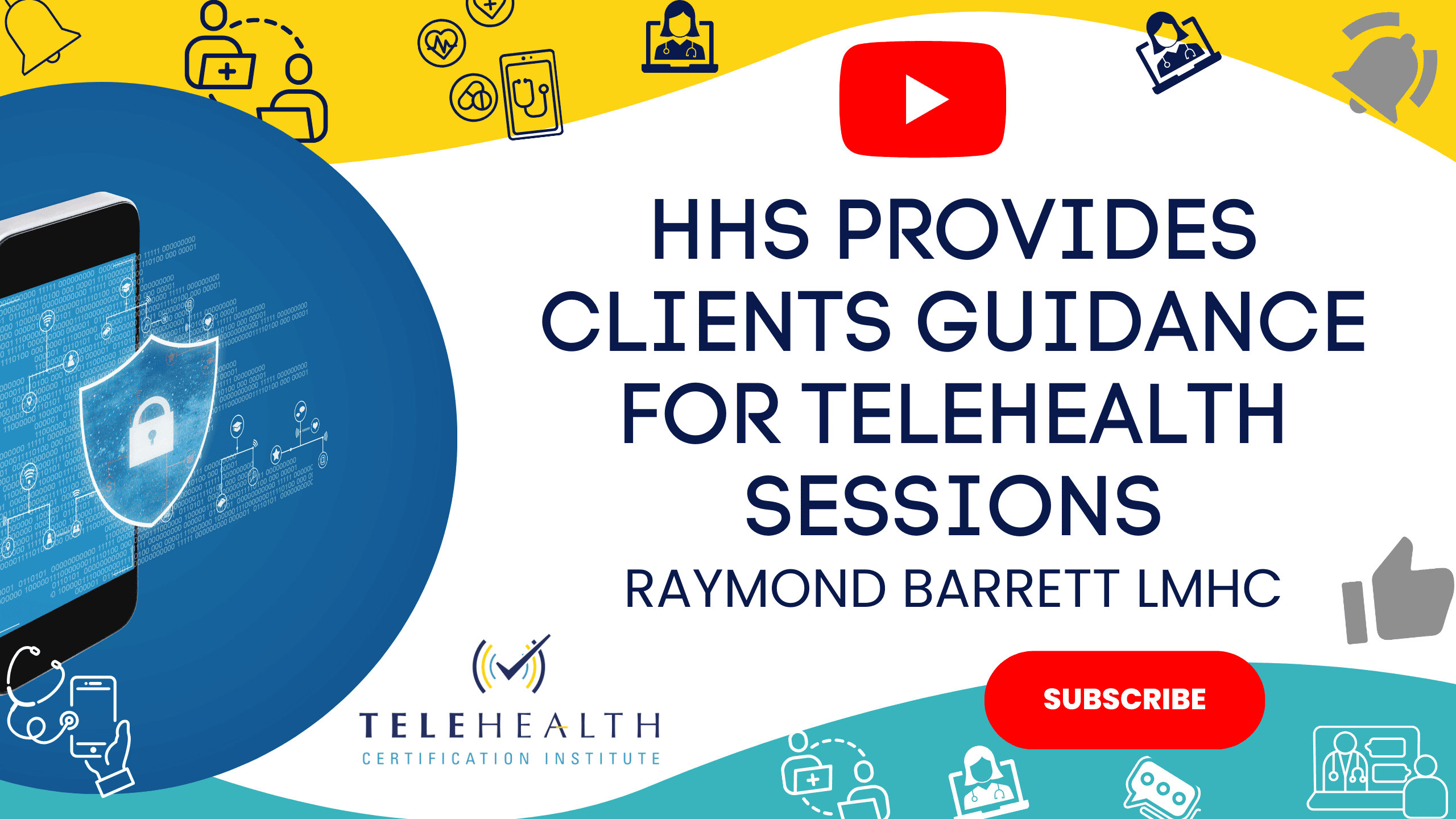13 Steps for Securing Patient Privacy While Using Telehealth

The effects of COVID on telehealth have led to a viable and sustainable solution to many of the challenges facing healthcare delivery in the U.S. Virtual healthcare services are now one of the fastest-growing areas in the healthcare industry.









